When ‘actual trading’ began under AfCFTA
The long-awaited commercially meaningful trade has now commenced under the African Continental Free Trade Area (AfCFTA), as stakeholders gathered on Friday evening at the Kotoka International Airport in Accra, Ghana, to launch the AfCFTA Guided Trade Initiative.
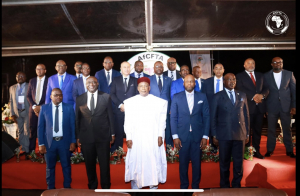
The Guided Trade Initiative, which seeks to test AfCFTA’s operational, institutional, legal and trade policy environment, intends to send a positive message to Africa’s economic operators.
Eight countries representing Africa’s five regions have begun trading in 96 select goods – from ceramic tiles, tea and coffee, to sugar, pasta and dried fruits – under AfCFTA preferential tariffs. Countries participating in this pilot initiative include Cameroon, Egypt, Ghana, Kenya, Mauritius, Rwanda, Tanzania and Tunisia – who have all met the criteria to participate in the pilot phase.
The AfCFTA Secretariat had earlier presented state parties with five criteria for accession to the Guided Trade Initiative, namely sending temporary tariff offers, picking exporting companies and products to be exported, the creation of an ad hoc committee to ensure the follow-up of the initiative and coordination with the committee set up by the Secretariat to this end, in addition to publishing a legal text on the temporary tariff offer.
It will be recalled that trading under the Free Trade Area (FTA) was initially billed to commence July 1, 2020. Due to the outbreak of the Covid-19 pandemic, it was postponed to January 1, 2021, by a decision of the Thirteenth Extraordinary Session of the African Union Assembly of Heads of State and Government in Johannesburg, South Africa in December 2020. Although trading was officially launched in January 2021, commercially meaningful trade could not commence due to varied operational and legal challenges.
The Initiative was first announced by the Secretary General of the AfCFTA, Wamkele Mene, at the 9th Meeting of the Council in July 2022. The Friday night launch, which happened on the margins of the 10th Meeting of the AfCFTA Council of Ministers, held October 7- 8, 2022, was a culmination of a Ministerial Directive on the Application of Provisional Schedules of Tariffs Concessions, adopted by the 7th Meeting of the Council of Ministers in October 2021 which was subsequently endorsed by the AU Assembly in February 2022.
Mr Mene, while addressing stakeholders at the launch, said the first consignment to be exported under the AfCFTA were products of Kenyan SMEs and smallholder farmers, which underscores the significant role SMEs would play in the Agreement’s implementation. It will be recalled that President William Ruto of Kenya had, on Wednesday in Nairobi, Kenya, flagged-off the first consignment under the Guided Trade Initiative of Kenyan tea to Accra, Ghana.
“When we began the journey to consolidate the market in Africa, and provide the infrastructure using the AfCFTA statute, it looked like it was a dream, but today we are living that dream as a reality. This event today marks the first step in a journey that will liberate our continent from the export of raw materials to the rest of the world to the export of processed, manufactured products not just in our continent but to the rest of the world,” President Ruto said.
Mene said the launch meant Africa had taken the first step in a remarkable journey that would lift millions of Africans out of poverty, as per World Bank’s projections. “Of course, there would be disagreements, disillusionment and economic setbacks, but our resolve must not be tested by the difficulties ahead. Our resolve must be tested by our commitment to uplift millions of Africans out of poverty and ensure trade is an instrument of inclusivity and Africa’s prosperity.”
In his remarks, President Mahamadou Issoufou, former President of the Republic of Niger and African Union Champion of the AfCFTA, said the launch of actual trade under the AfCFTA meant Africa was no longer in the business of mere incantations and wishful thinking about the FTA. “It is with this momentum for action that that we are gathered here today to launch the Initiative to commence trade under AfCFTA among interested state parties, certified as having met the minimum threshold for the commencement of meaningful trade.”
President Issoufou, who urged more state parties to also join the pilot initiative, said the idea behind the guided trade initiative was to obtain feedback on the effectiveness of operational, legal and institutional, systems in AfCFTA state parties; test the readiness of the private sector to participate in trade under the Agreeement as well as identify possible future opportunities to boost intra-African trade and maximize the FTA’s benefits.
To this end, the AfCFTA Champion said the Initiative will prove the operationality of the Agreement and commended the AfCFTA Secretary General for the initiative as well as institutions such as AfroChampions and Africa Export and Import Bank (Afreximbank), for supporting various initiatives aimed at implementing its operational instruments, namely AfCFTA Hub, the Pan African Payment and Settlement Systems (PAPSS), and the AfCFTA Adjustment Fund.
“Africa must believe in itself; Africa must trade with itself. Let’s fast-track efforts to implement the AfCFTA. Let’s implement the Programme for Infrastructure Development in Africa (PIDA). Let’s implement the Comprehensive African Agricultural Development Programme (CAADP). If we do that, we will be making strides towards resolving our challenges, realizing the objectives of Agenda 2063 and building the Africa We Want,” President Issoufou urged.
Ghana’s Trade Minister Alan Kyerematen, played a strategic role in developing the AU’s Program on Boosting Intra African Trade (BIAT) which prepared the framework for the establishment of the AfCFTA. In his remarks, Kyerematen said the AfCFTA was now moving away from the realm of talks and negotiations among African governments to action by the private sector to make it a reality, saying the 7 state parties involved in the guided trade imitative were not enough, urging others to join the process.
“We should put in place institutional structures and a programme of action to support our entrepreneurs to be able to produce and trade [under the AfCFTA] at the national level. Without these, as the Americans would say: ‘It ain’t gonna happen!’ We must put in place transport infrastructure to be able to move goods from one country to another. This was one of the major concerns of our Heads of State when we started consultations on the AfCFTA,” said Kyerematen.

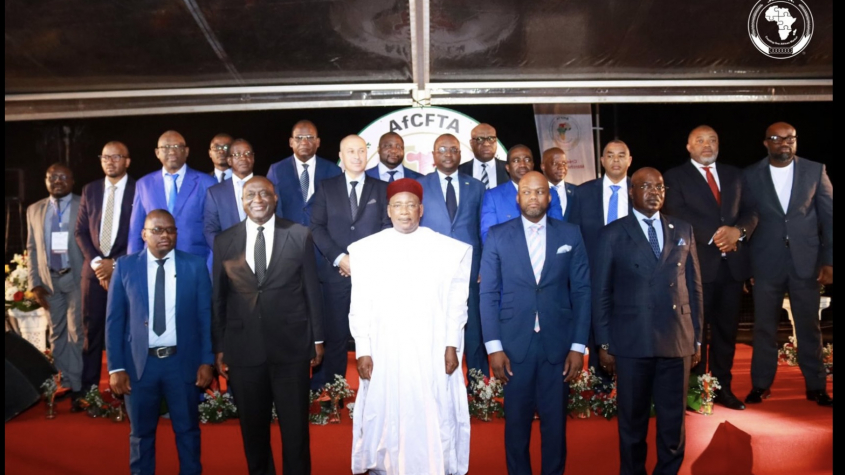

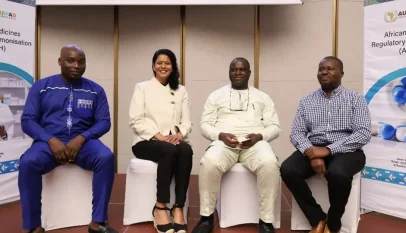

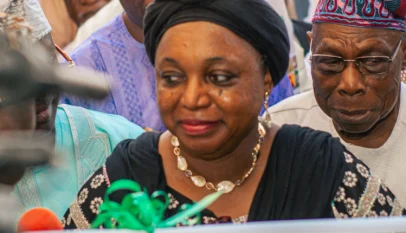
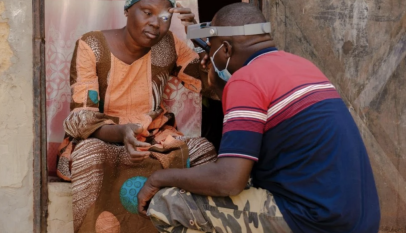
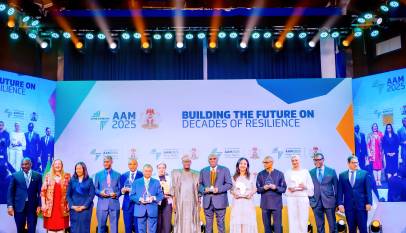











Comments are closed.